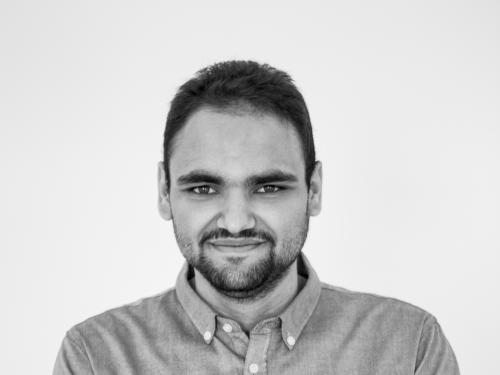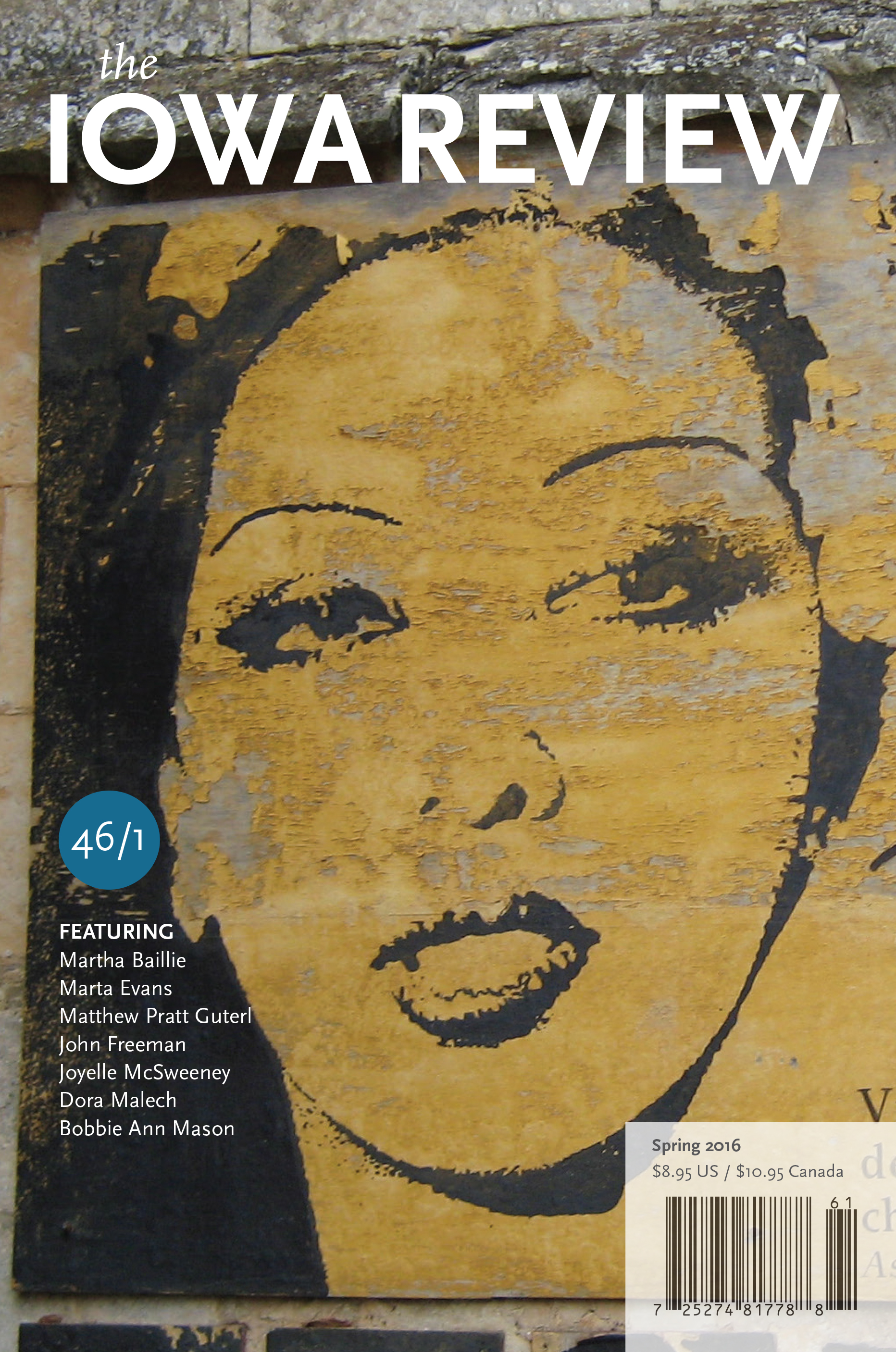
This poem is part of our spring issue's "Rising Poets of Iraq" dossier, edited by Alana Marie Levinson-LaBrosse.
The river decays under the dictator, Time. Green palm leaves cast their shadows over the abandoned ships. The silver shadow moon illuminates the bronze rust.
I wonder as I look at the river. Does he remember his first corpse? The first man who sank bullet-wounded into his core? I would ask Karoon, if it had ever spoken. I don’t want to be the first to be answered.
River Karoon looked at me, in despair, and moved his lips.
*
Author Bio
Isa doesn’t have shelves yet, so his books sit, piled on a table. He stacks them by author, series placed together, but he has to consider size as he builds the towers. When he is gone at university, the books gather dust: his family isn’t allowed to touch them. He worries about his little brother reading certain books too early; he knows how easy it is to be corrupted by books. He can’t wait for the day he hands his brother Christopher Hitchens and Hallaj, both dangerous. “He and I will have idea battles then,” he says.
He has cultivated his library the way one would plants in a greenhouse. He loves his secrecy. His family says the books reproduce on their own, papers flying everywhere. His mother, convinced he never leaves the house, encourages him. He tells her, “I’m too tired, I couldn’t possibly”—but he’s already been out that day, buying more books.
The first book he read, he took from his father’s library: Einstein, a spaceship, a caveman, and a picture of the elephant’s evolution on the cover. Then, a comic book followed by the myth of Hercules. When Isa discovered Harry Potter and the Chamber of Secrets in Arabic, he read it seven times. “It’s not escape,” he says. “It’s what’s happening in an alternative setting of life.” He admires Tolkien’s Lord of the Rings above all others: it’s a world from scratch, he says. He is teaching himself Elvish. He is saving Beowulf as if it’s candy in his pocket. He chooses his favorite book for sentimental reasons: a book “no bigger than a pinch” that his grandfather, a Shia sheikh who holds a PhD from the Sorbonne, wrote on the Qu’ran.
Isa’s grandfather is, in his words, a “man of God,” a Sheikh of true presence, “not one of those who seek attention and airtime on TV.” He considers his grandfather “almost everything” in his life, yet he has his own relationship to the Qu’ran. He grew up a “systematized kid.” He believed what the TV told him. He called Saddam Hussein “Uncle Saddam.” Once, “Father Saddam.” His father, angered, quoted the Qu’ran, saying, “You have one father, it’s me. Deal with it.” He speaks of his parents, divorced, lightly: “Everyone has their own story and they enjoy the not-telling of it.” He laughs. “Yet, go to Baghdad, ask about my parents’ divorce, and everyone knows about it. It was not a family affair, it was friends of the family, friends of friends, neighbors of friends, it was a worldwide affair.” The drama of it didn’t bother him. He was grateful for the freedom, the independent thought and space that the divorce created. He moved to the United Arab Emirates and lived with his brothers in an apartment above his grandfather’s.
But he misses Baghdad, the city to which he keeps returning, the city that holds his library. He calls it the Hopeless Hopeful City, a city, he adds lovingly, that is full of cities. He recognizes that it is scary to hear people speak of explosions as the norm, but he takes pride in the resilience he sees around him. “No offense,” he says, “but if we were Americans, we would go psycho about that stuff.” He loves the contradiction of complete submission to the situation alongside the desire to change it. He begins to sound like Whitman: “That sounds like a contradiction—so?”
